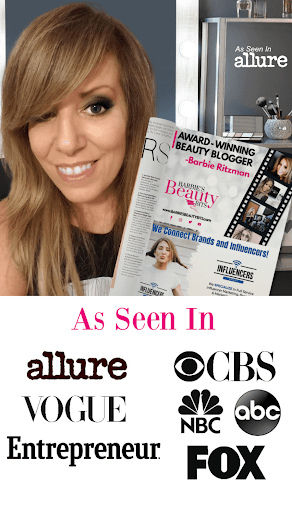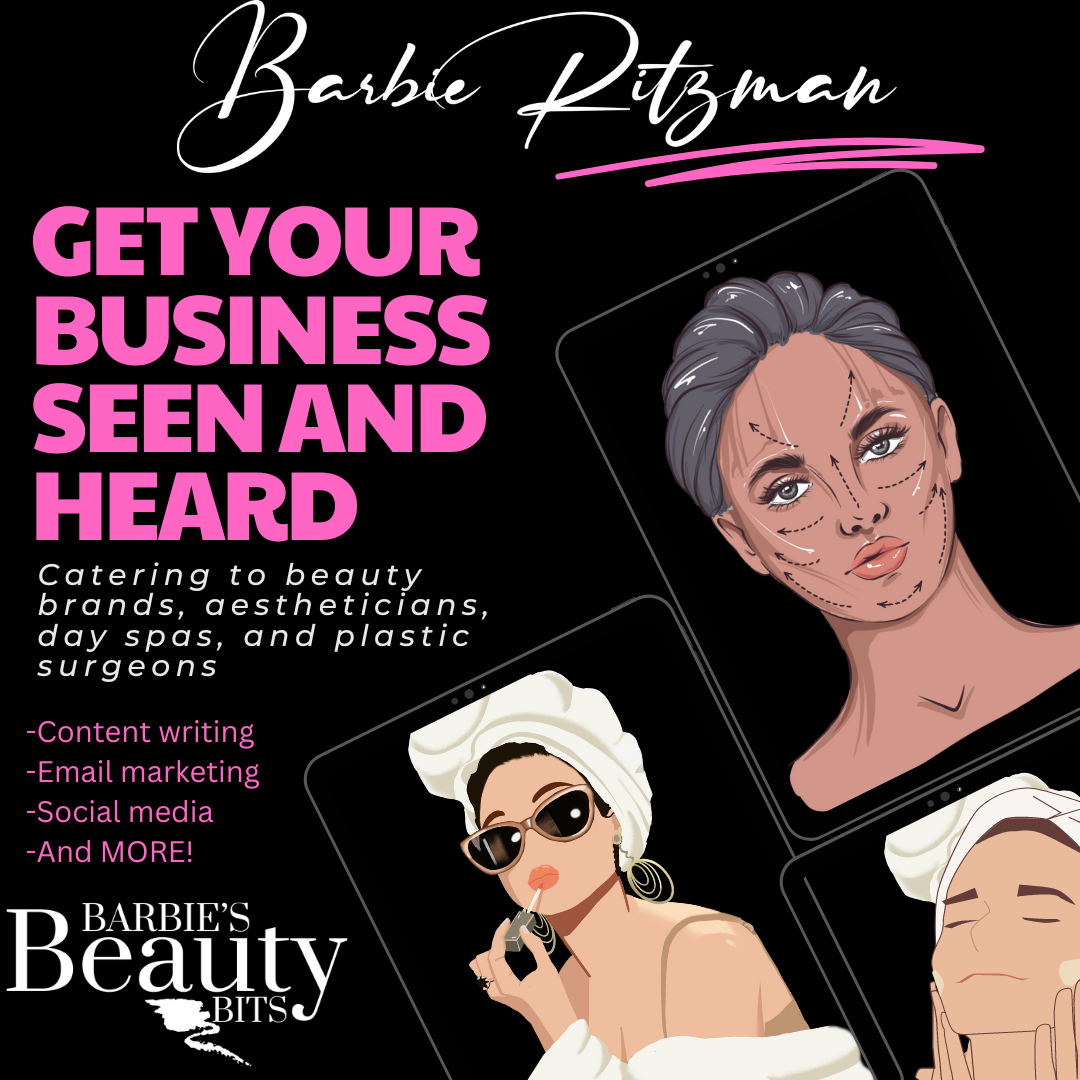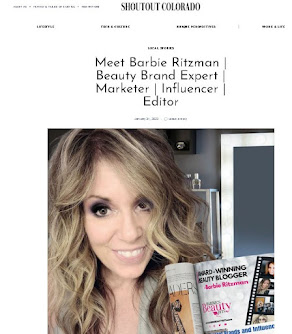Why Silicone-Free Cosmetics are Gaining Popularity: A Look at Sustainable Alternatives
Curious about the rise of silicone-free cosmetics? Dive into this comprehensive analysis of sustainable alternatives and understand why consumers are switching.
Introduction:
The beauty industry, renowned for its innovation and rapid adaptability, often sees fleeting trends that come and go. However, specific changes indicate more fundamental transformations that reflect significant shifts in society, the environment, and consumer behavior. The increasing demand for silicone-free cosmetics exemplifies such a shift, representing a paradigm change.
This movement isn't a mere marketing gimmick or a transient consumer preference—it's a sign of growing global consciousness about sustainability, health, and transparency in product formulations.
The transition away from silicones and towards more eco-friendly alternatives has cast a spotlight on the significant role played by sustainable ingredients suppliers. These suppliers now function as more than simple providers of raw materials; they’re rapidly becoming key partners in a beauty brand's commitment to responsible sourcing and eco-conscious product development.
This feature aims to explore the role of silicones in formulating beauty products and make a compelling case for more sustainable alternatives such as coconut.
How Brands Are Embracing Sustainability And Meeting Consumer Demand
Sustainability has become a significant factor driving consumer choices in the market today. Brands are aware of this shift in consumer preferences and are embracing sustainable practices in their product offerings.
Many consumers are now looking for sustainable alternatives to traditional products; some are even creating their own natural DIY products. In response, brands are working to meet this demand by exploring alternative ingredients that can offer similar benefits without the use of silicones. "But what exactly is silicone? Well, continue reading, my beauties!"
What Is Silicone In Cosmetics
In cosmetics and personal care, silicones refer to a diverse family of synthetic polymers. These compounds, typically composed of a combination of silicon, oxygen, carbon, and hydrogen, have been integral to beauty formulations for several decades, and not without reason. The following factors account in large part for silicones’ popularity:
- Texture and consistency. One of the primary attractions of silicones is their ability to lend a silky, smooth texture to products. This is especially beneficial in products that require an even application, like foundations and primers. Moreover, in hair care, they provide a slip that makes detangling more manageable and gives hair a sleek finish.
- Durability. Silicones can enhance the longevity of cosmetic products on the skin. They make products like eyeliners, mascaras, and lipsticks more resistant to smudging, sweat, and water.
- Filling properties. Certain silicones can temporarily fill fine lines and pores in skincare, giving the skin a more refined and smooth appearance. This attribute is often leveraged in primers and certain anti-aging products.
- Spreadability. Silicones have a unique spreadability that ensures products distribute evenly over the skin or hair. This quality is particularly valued in sunscreens and moisturizers.
The widespread use of silicones has received both praise for their advantages and criticism for their potential disadvantages. As the industry progresses and consumers become more knowledgeable about ingredients, the conversation regarding silicones has become more complex. This has resulted in the demand for alternatives and the popularity of silicone-free products.
The Argument For Going Silicone-Free
The decision to move away from silicones in cosmetics is driven by various factors, which hold significant weight in the current beauty landscape for both consumers and producers.
Skin and Hair Build-Up
A growing body of anecdotal evidence and user experiences suggest that certain silicones, particularly non-water-soluble ones, can accumulate on the skin and hair over time. This might result in clogged pores for the skin, potentially leading to breakouts or a dull complexion. In hair care, accumulated silicones might weigh down strands, making them appear limp and lifeless or interfere with the absorption of hydrating products.
The Clean Beauty Philosophy
The “clean beauty” movement, which emphasizes transparency, simplicity, and the use of naturally derived ingredients, has gained substantial traction worldwide in recent years. Within this framework, synthetic substances like silicones often don't fit the bill.
Therefore, brands aligned with the emerging clean beauty movement have started formulating products without silicones to cater to a growing consumer base that values ingredient purity.
Environmental Concerns
While many silicones are deemed safe for personal use, concerns have arisen about their environmental footprint. Certain silicones are not readily biodegradable and thus potentially pose long-term risks to aquatic ecosystems. Now that global dialogue has intensified around reducing environmental harm, brands are reconsidering ingredients that don't align with contemporary eco-friendly values.
Consumer Demand for Lightweight Products
Armed with information and many choices, modern beauty consumers are increasingly seeking lightweight and breathable products. While silicones can offer a silky finish, some users find them occlusive or heavy, prompting brands to explore alternatives that deliver similar benefits without the associated heaviness.
Innovation in Formulation
As the demand for silicone-free products grows, so does the innovation in finding alternatives. The emergence of new ingredients that can replicate the feel and function of silicones without the associated concerns has encouraged brands to reformulate and explore beyond traditional ingredient lists.
These factors create a compelling case for the beauty industry to reevaluate its relationship with silicones and consider the broader implications of their ingredient choices on consumer health, brand perception, and the environment.
Coconut And Other Sustainable Alternatives To Silicones
Due to their growing demand, the beauty industry has been striving to develop silicone-free products. Some of the most innovative alternatives are now derived from the humble coconut. The coconut has become a popular ingredient in sustainable cosmetics due to its nourishing properties and versatility.
One of the increasingly popular derivatives is coconut alkanes. This lightweight emollient is extracted from coconut oil and has a texture that mimics silicones. It provides a silky and luxurious feel to products. Another excellent natural alternative is coco-caprylate/caprate, which delivers the smoothness that silicones are known for without compromising sustainability.
The realm of sustainable beauty extends beyond the tropical wonders of the coconut. Other plant oils like jojoba and argan oil are equally beneficial for hydration. They have recently gained attention for providing a smooth and non-greasy finish, similar to silicone products. Another noteworthy ingredient is squalane, derived from olives or sugar cane. It is lightweight and compatible with the skin's natural oils, making it a popular choice for both skincare and makeup products.
In addition, some brands are incorporating innovative ingredients like hyaluronic acid or glycerin that provide hydration and plumping effects without using silicones. These ingredients attract and retain moisture, leaving the skin feeling hydrated and refreshed.
To Sum It Up
The shift towards silicone-free cosmetics is not merely a trend; it reflects a growing awareness and commitment to sustainability in the beauty industry.
As consumers continue to prioritize products that align with their values, brands are stepping up to the challenge, offering innovative and eco-friendly alternatives. Embracing silicone-free cosmetics isn't just about enhancing personal beauty; it's about making choices that contribute to a healthier planet and a more sustainable future.
Why Silicone-Free Cosmetics are Gaining Popularity: A Look at Sustainable Alternatives Curious about the rise of silicone-free cosmetics? Di...









